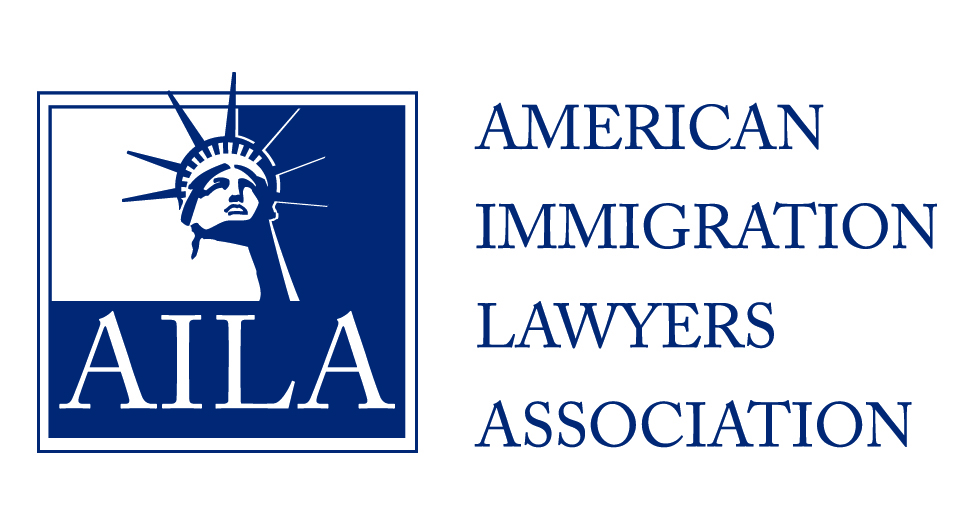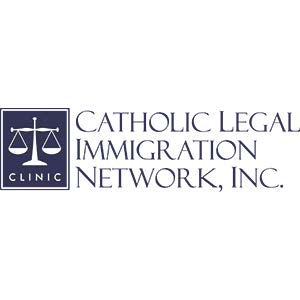Alabama UPL Statute Summary
Alabama Code 1975 § 34-3-1. Unlawful Practice of Law
If any person shall, without having become duly licensed to practice, or whose license to practice shall have expired either by disbarment, failure to pay his license fee within 30 days after the day it becomes due, or otherwise, practice or assume to act or hold himself out to the public as a person qualified to practice or carry on the calling of a lawyer, he shall be guilty of a misdemeanor and fined not to exceed $500.00, or be imprisoned for a period not to exceed six months, or both.
Enforcement Mechanisms/Complaint Processes for UPL
Victims may contact the Consumer Affairs Section of the Office of Attorney General. You may file a complaint here or mail it to:
Office of Alabama Attorney General - Consumer Protection Section
P.O. Box 300152
Montgomery, AL 36130-0152
Hotline: 1-800-392-5658
Tel: (334) 242-7335
Fax: (334) 242-2433
To provide attachments or supplemental items to your complaint, please e-mail them to consumerinterest@ago.state.al.us
Liability may be found under the Alabama Deceptive Trade Practices Act, accessible Alabama Code 1975 § 8-19-1.
The Alabama State Bar also has a UPL Committee that receives, reviews, investigates, and acts on complaints alleging the unauthorized practice of law by individuals or entities not licensed to practice law in the State of Alabama, and assists in educating attorneys, judges, and the public regarding unauthorized practice of law issues. You may contact them here.
Reporting Ineffective Assistance of Counsel
Ineffective assistance of counsel can be reported to the Alabama State Bar here (information available in English and Spanish).
Contact Information for Relevant Agencies
Alabama State Bar Association:
415 Dexter Avenue
Montgomery, AL 36104
Tel: (334) 269-1515
Toll Free: 1-800-354-6154
Fax: (334) 261-6310
Notary Public Information:
Contact your local probate judge. Contact information is accessible here.
Becoming a Notary Public
- Must be 18 years of age or older and resident of Alabama
- Must be a resident of county of application
- A person convicted of a felony may not be able to become a Notary Public in AL unless a pardon restores his or her civil and political rights
- The probate judges of each Alabama county set application rules and procedures for the commissioning Notaries.
- Must possess all legal requirements to be an officer in the state
- A resident of another U.S. state may not apply for an AL Notary commission
- The completed application and a $25,000 bond must be submitted and approved by the county probate judge. The probate judge may collect a fee of $10. A fee may also be charged for filing the bond with the county.
- Must apply to the probate judge for your county. Contact information can be accessed here.
The Secretary of State has a search tool of recently issued commissions or to locate any current Alabama notary, which can be accessed here.







